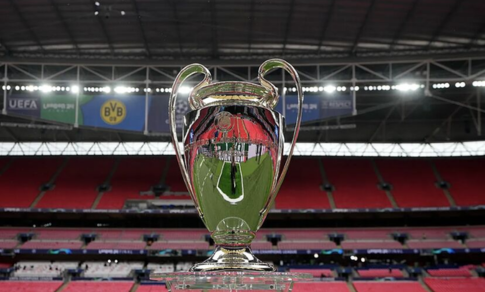The new format of the Champions League has revived interest in the competition, especially during its early stages. UEFA's decision to make changes aimed at engaging audiences has paid off, with thrilling matchups like Barcelona's dramatic 5-4 win over Benfica and Real Madrid’s unforgettable 5-2 victory over Dortmund.
These games have added excitement and unpredictability, drawing attention to the group stage, which was once seen as monotonous and predictable. Even smaller teams like Dinamo Zagreb had moments to shine, with high-stakes matches in the final round.
Despite its success in injecting drama into early rounds, the new format isn't without its flaws. While it provided compelling games, the number of fixtures increased significantly, creating a strain on players. Additionally, with only 12 out of 36 teams eliminated, the system has led to concerns over fairness, with some teams facing tougher draws.
UEFA has acknowledged that the format might not be the ultimate solution, leaving room for future adjustments. The general public remains divided over the changes, and there’s uncertainty about whether this system will last long-term.
However, one of the major achievements is that the new format forced even the top teams to step up their game, ensuring they remained competitive from the start. It has shifted the focus away from predictable outcomes to more engaging football. While financial disparities between teams still play a significant role, the shift represents a move away from the formulaic structure the competition had adhered to for years.
Ultimately, though the early rounds may never compare to the knockout stages in terms of excitement, the changes reflect a response to fans' desires for more engaging football. The specter of the Super League, which once threatened to reshape European football, may have pushed UEFA to act, and while the changes aren’t perfect, they signal a step forward in the evolution of the competition.








ADD A COMMENT :